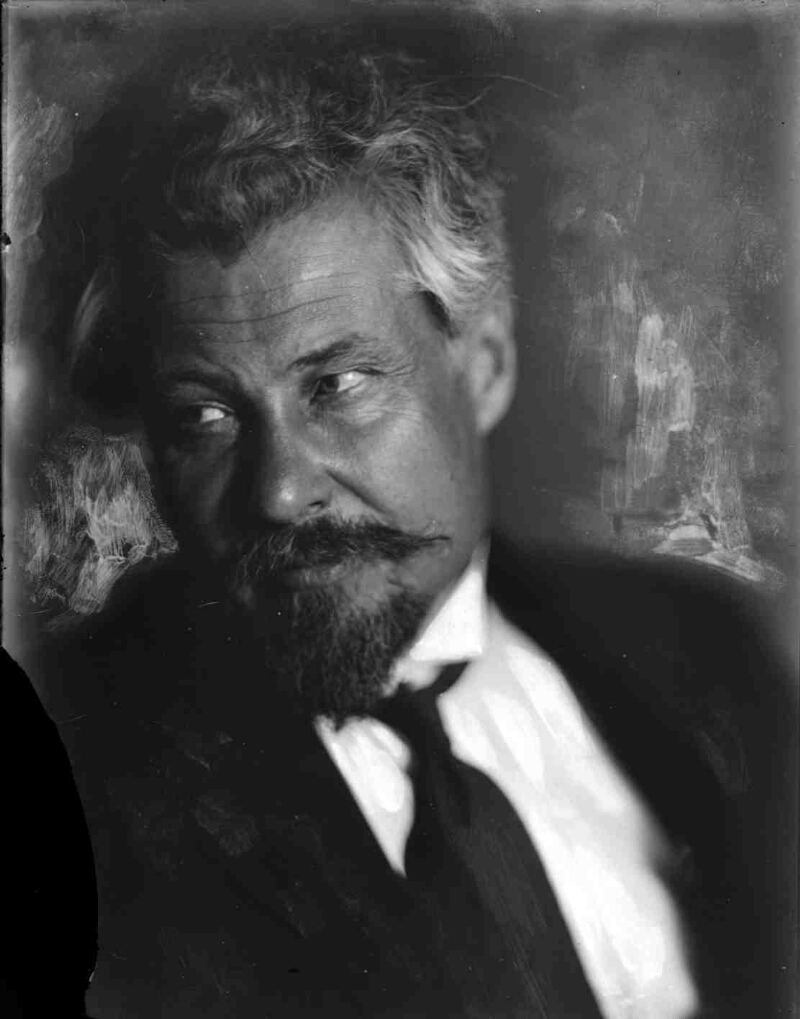Victor Chernov was born in Novouzensk, Russia. He studied law at Moscow University, where he led the illegal students' union. In 1901, with figures such as Catherine Breshkovskaya and Alexander Kerensky, Chernov co-founded the Socialist Revolutionary Party.
Chernov edited the SR journal, "Revolutionary Russia", where he argued against some Marxists who claimed that the peasants were an inherently reactionary social class. After multiple arrests and living in exile, Chernov returned to Russia after the Revolution of 1905, becoming a leader of the SR faction in the Second Duma.
In 1907, Chernov published "Philosophical and Sociological Studies", in which he identified with the philosophy of "empirio-criticism". As such, he was one of the Russian Machists criticised by Lenin in his text "Materialism and Empirio-criticism" (1909).
Under Alexander Kerensky's provisional government in 1917, Chernov served as Minister for Agriculture, and advocated for immediate land reform on behalf of the peasant class, leading the Union of Landowners to consider Viktor their chief enemy.
Chernov was the chair of the briefly existing Russian Constituent Assembly. After the Assembly was dissolved by the Bolsheviks, Chernov joined an anti-Bolshevik government based out of Samara, Russia before fleeing to Western Europe and, ultimately, the United States, where he died in 1952.
